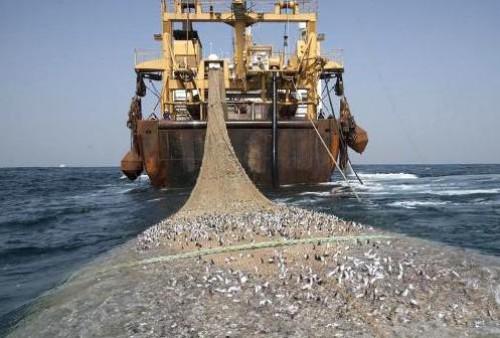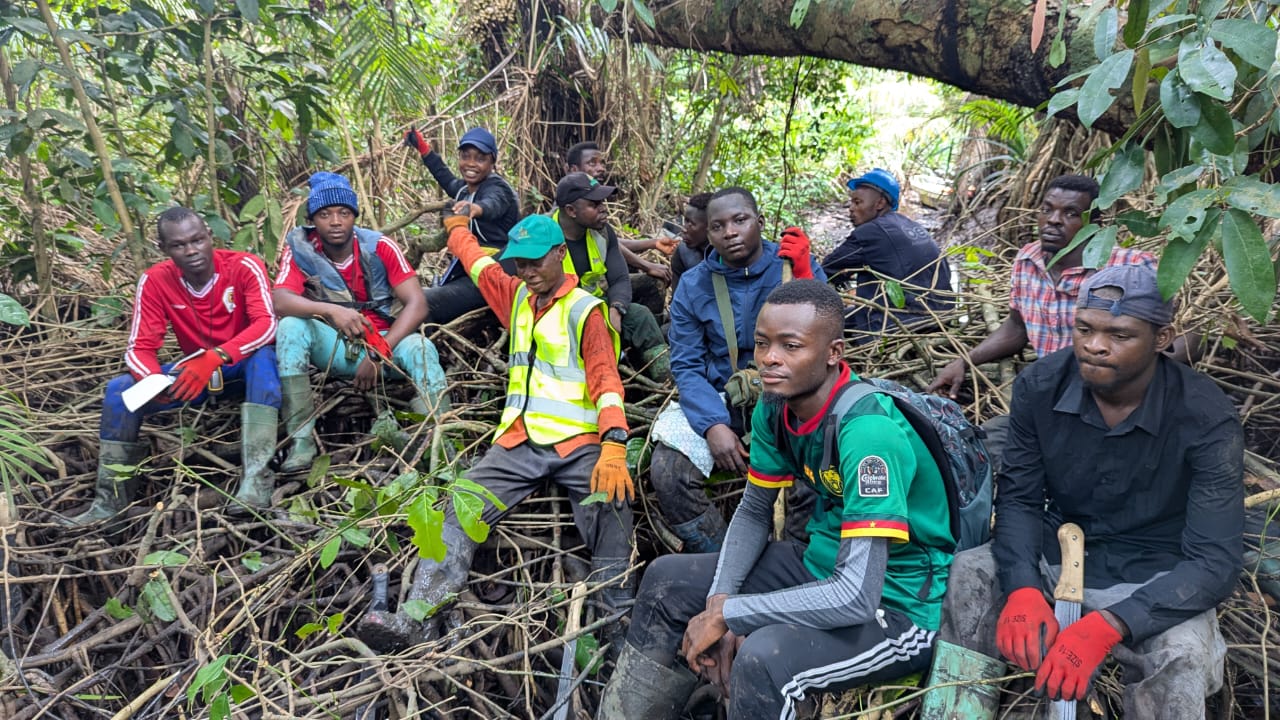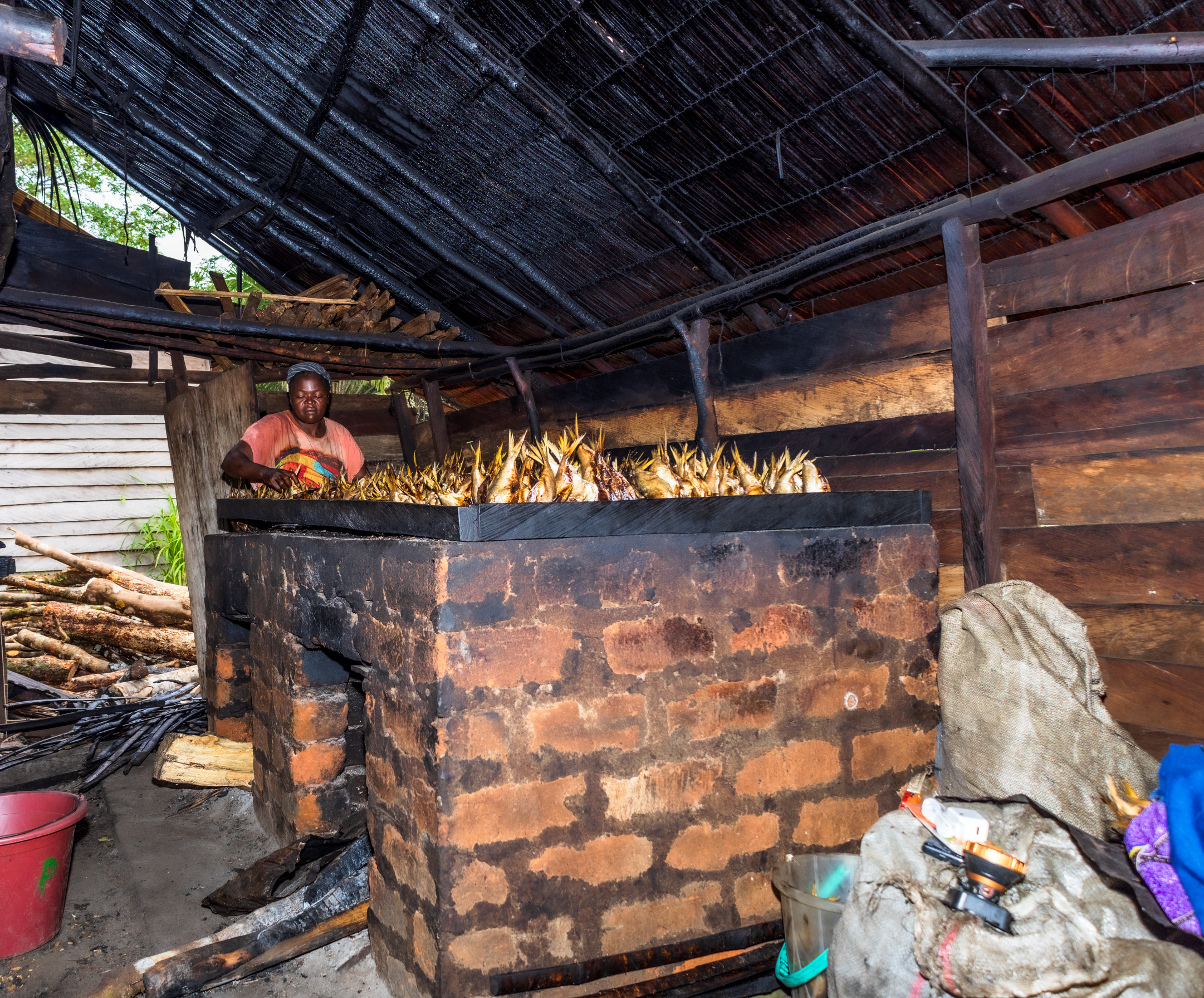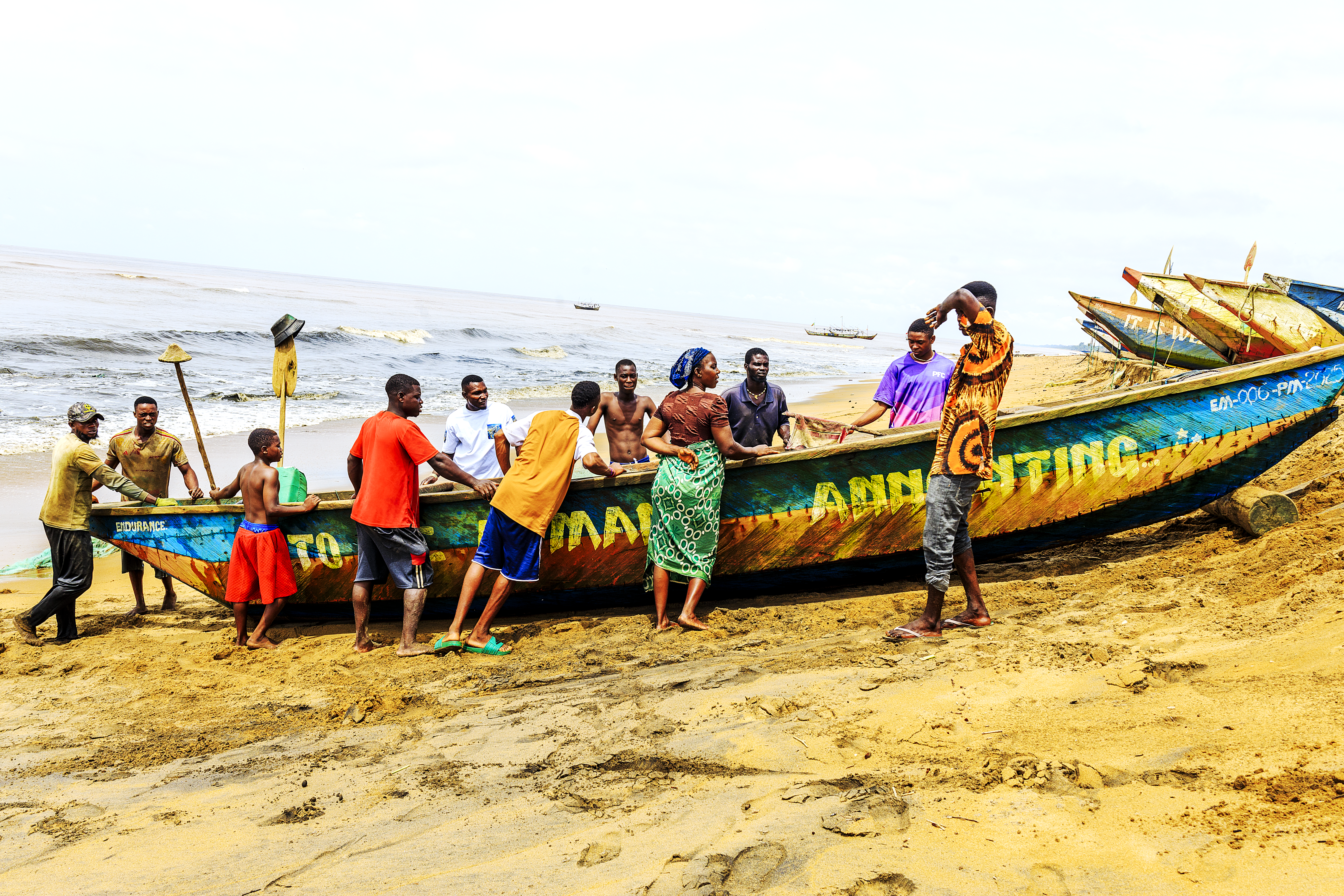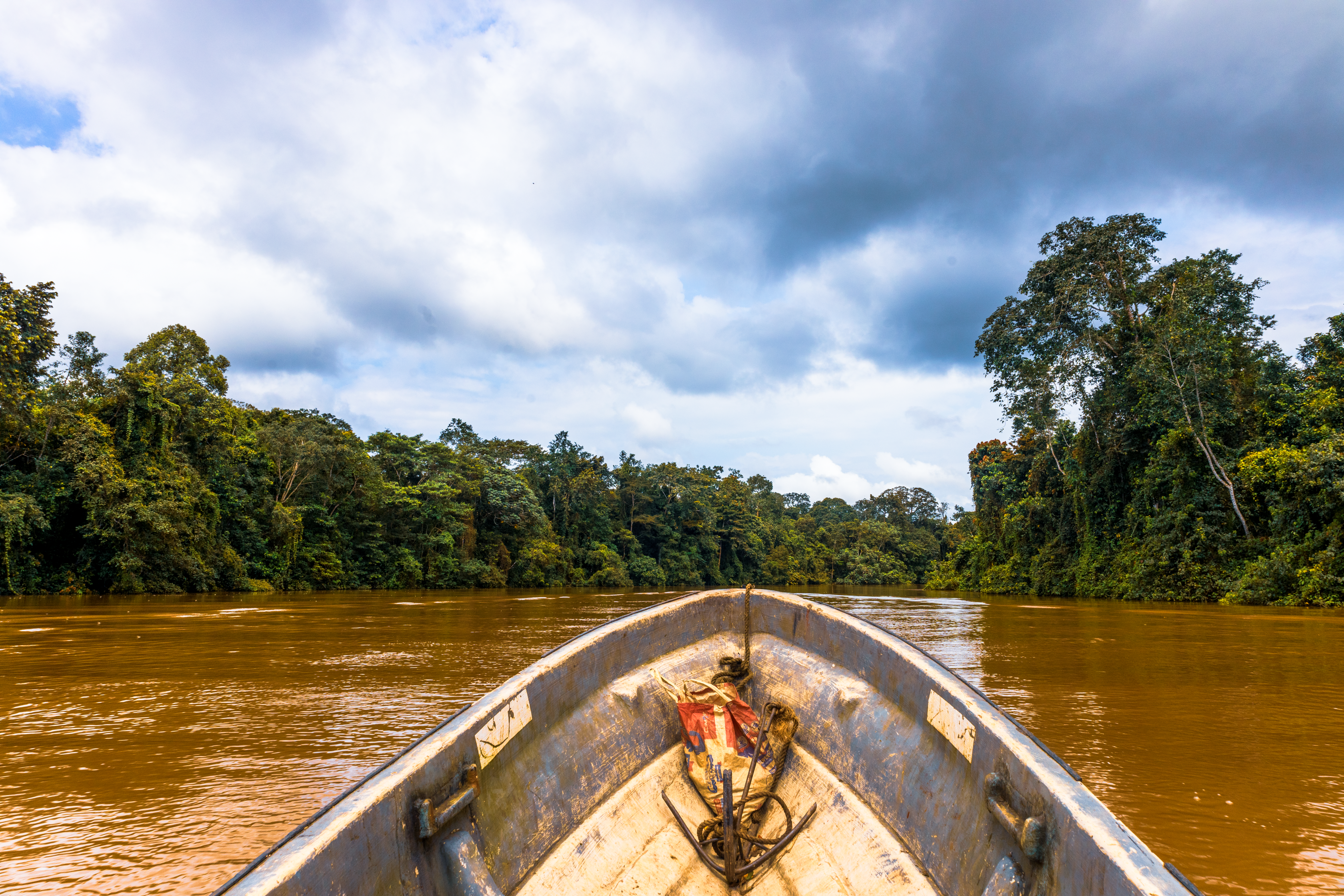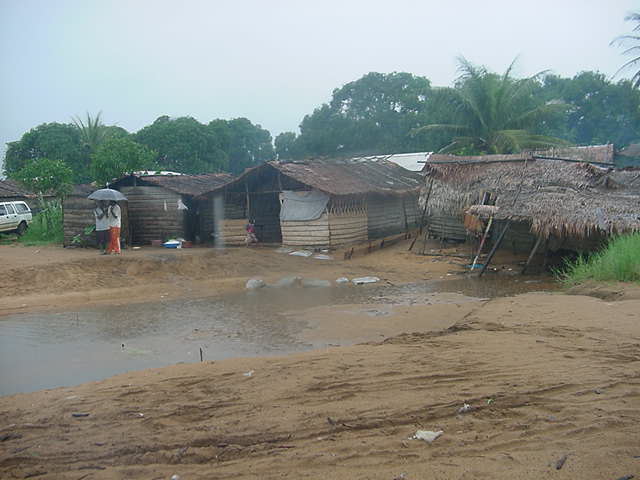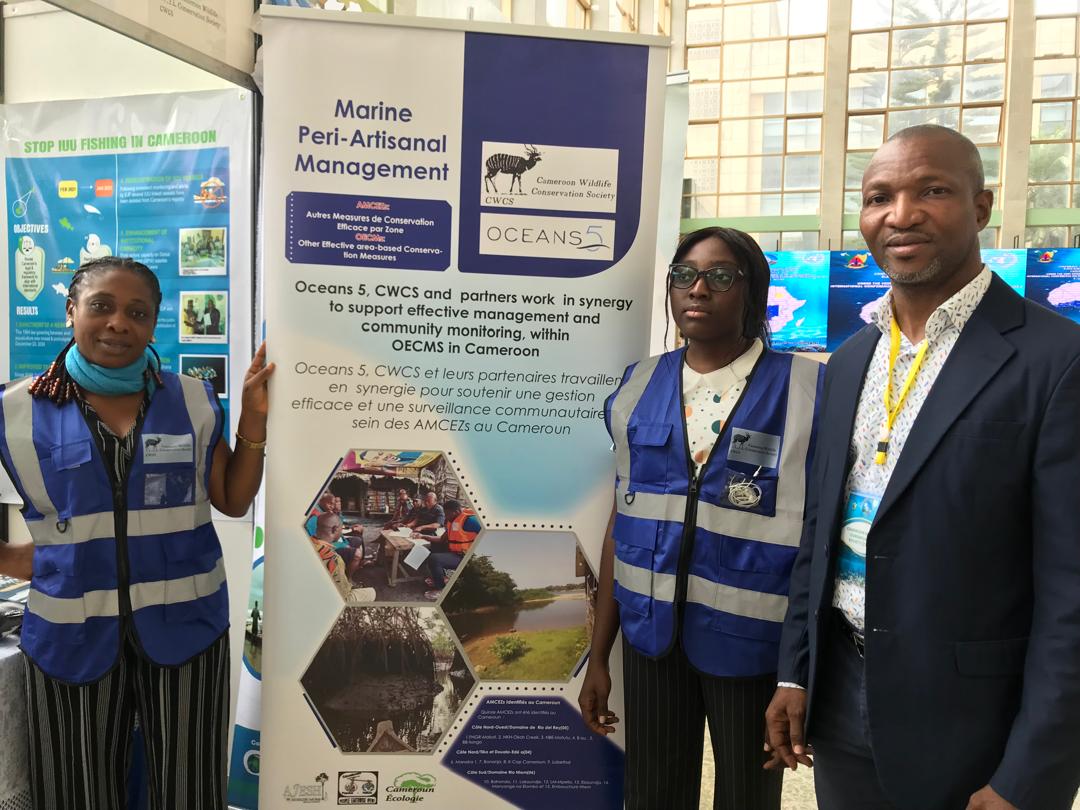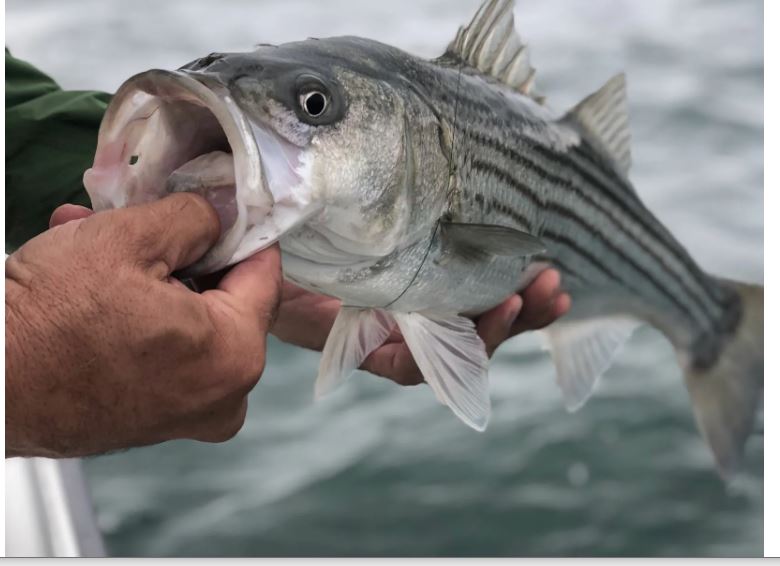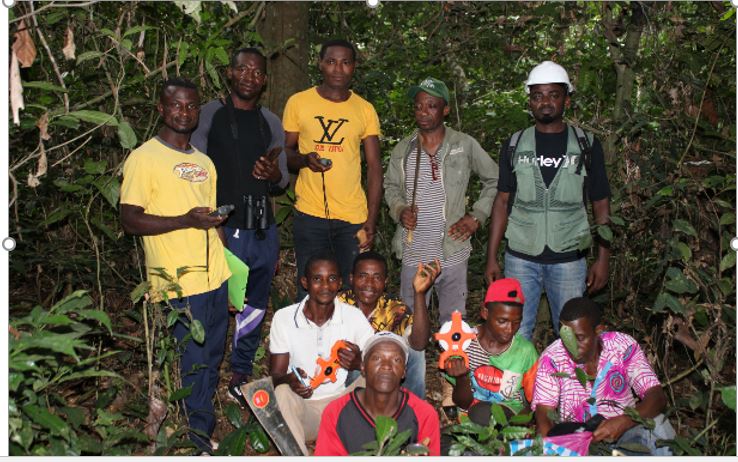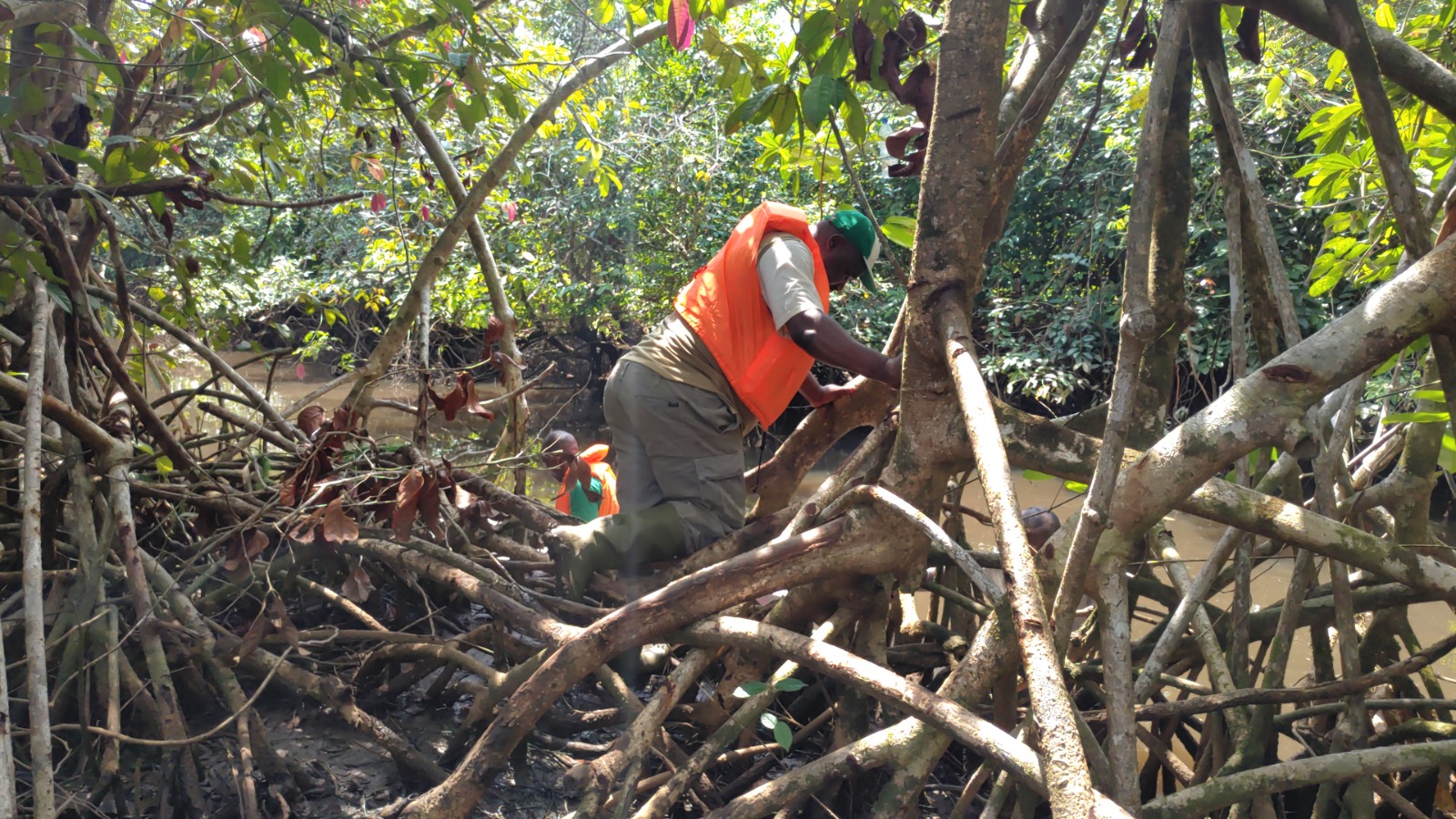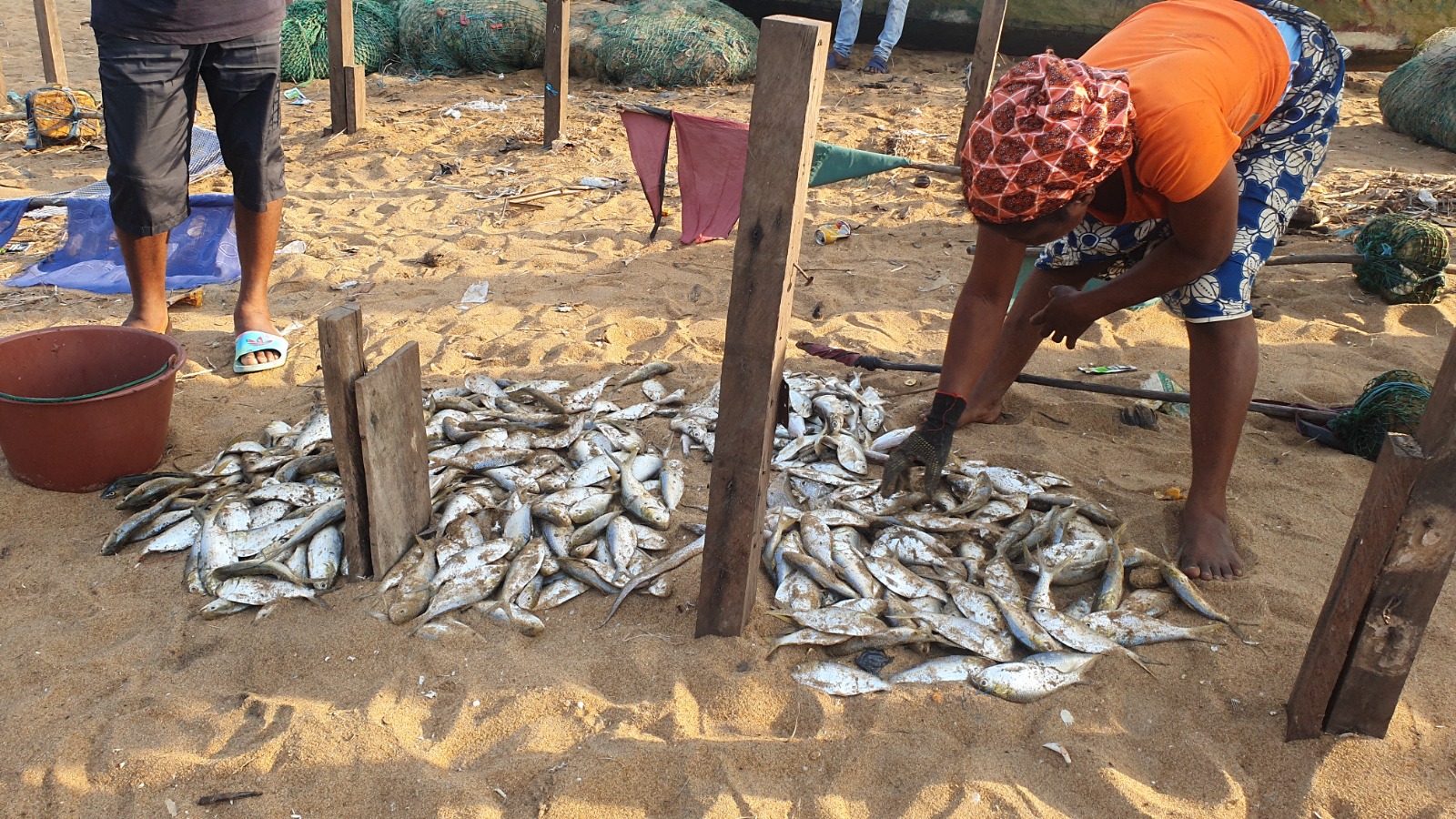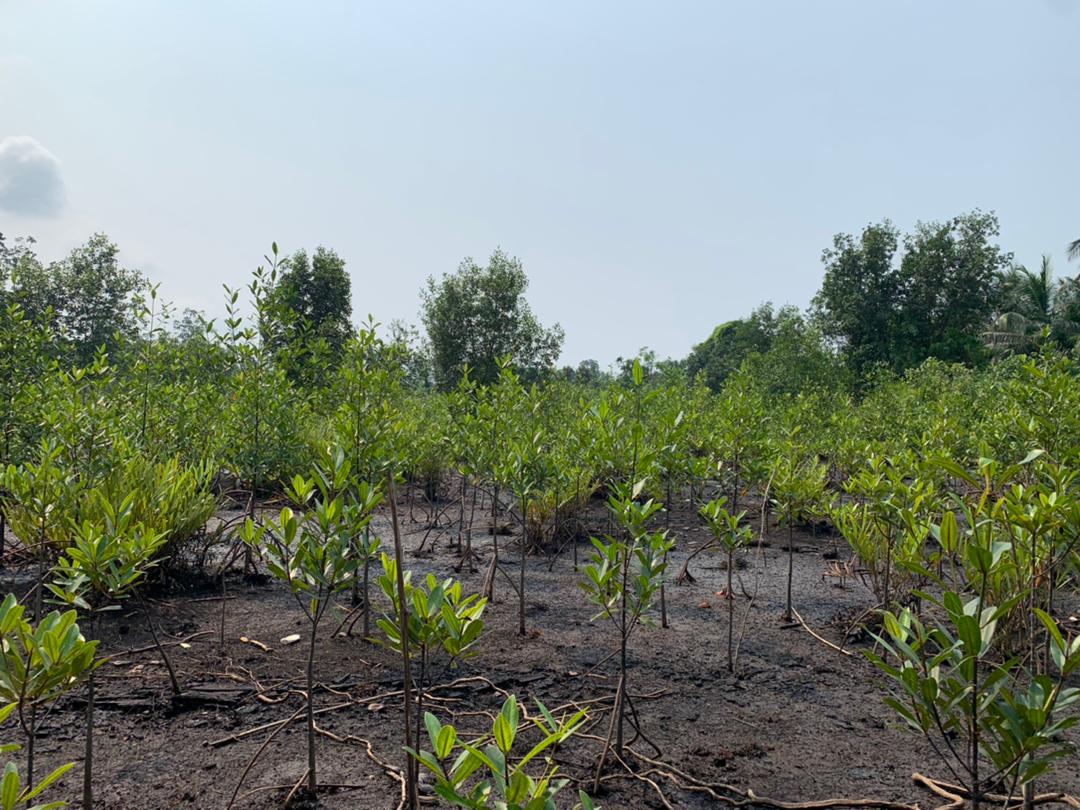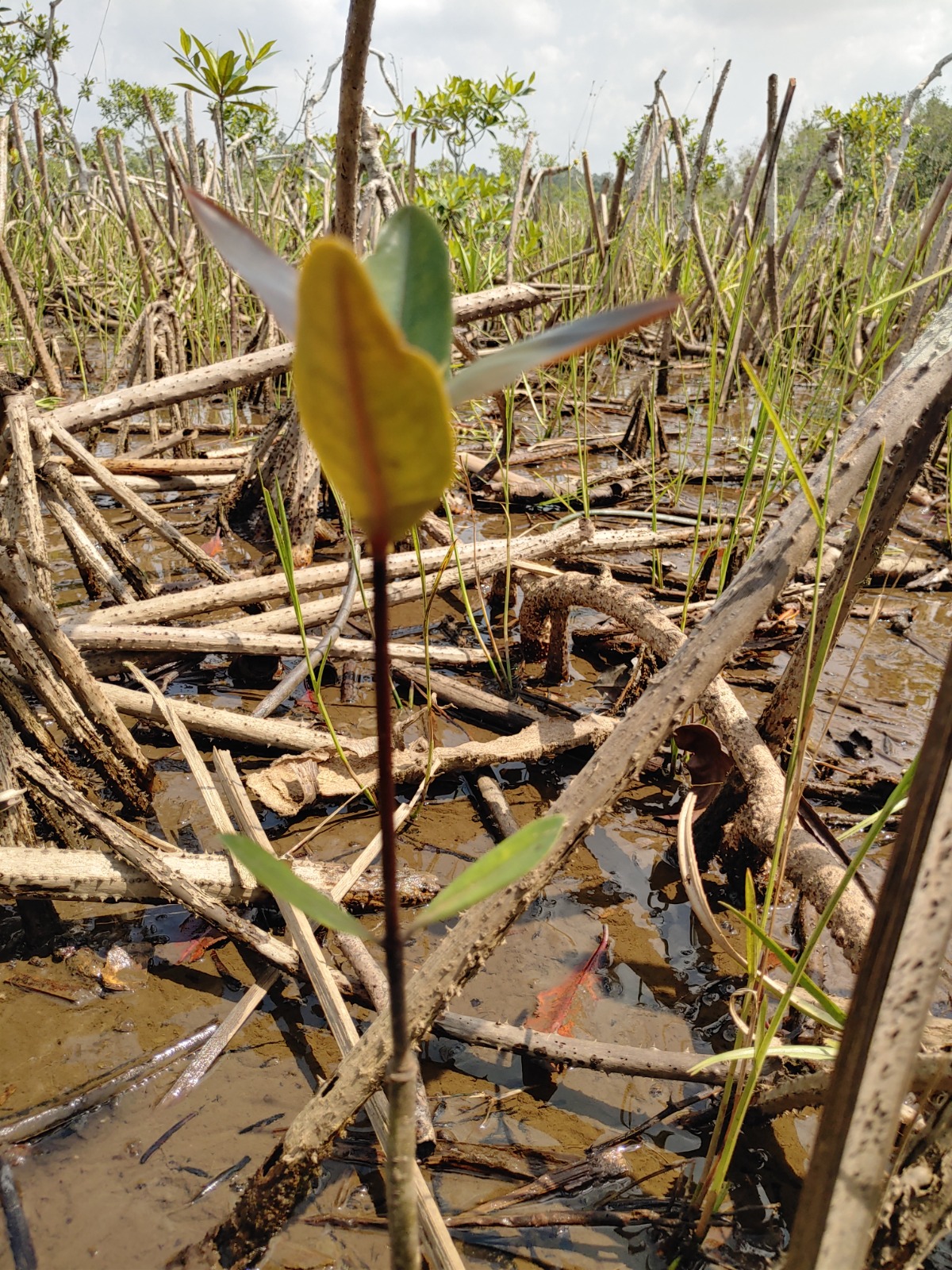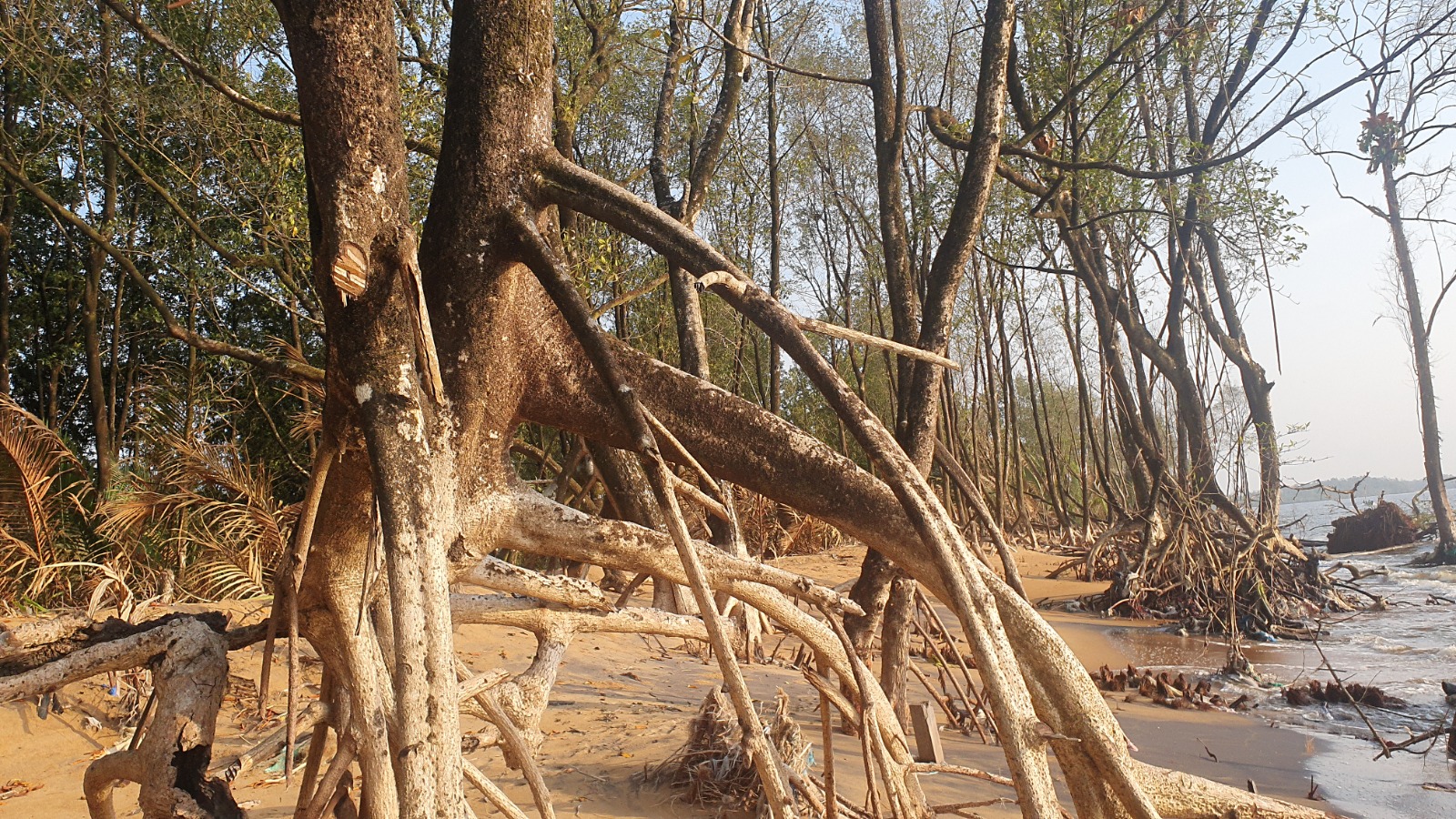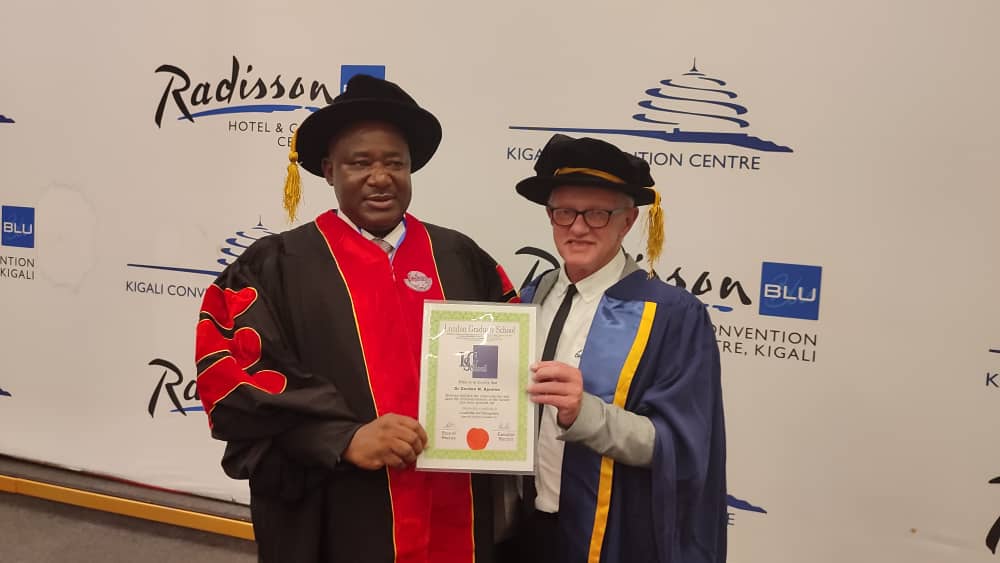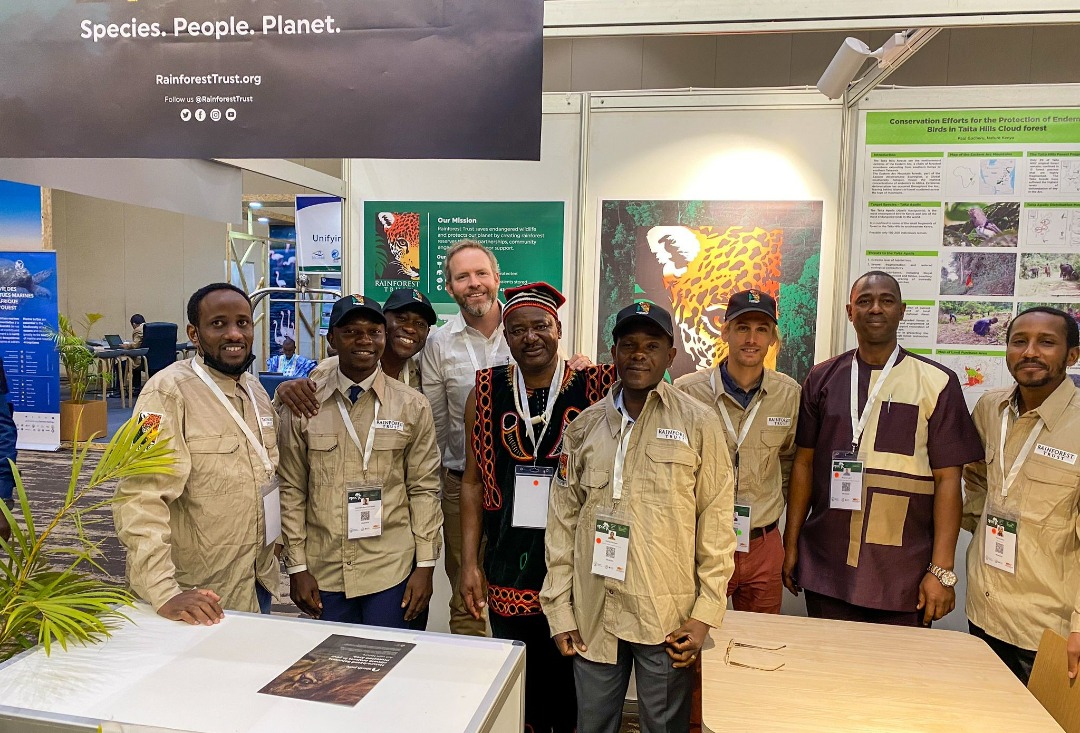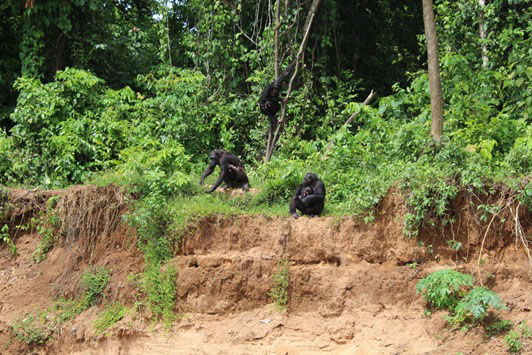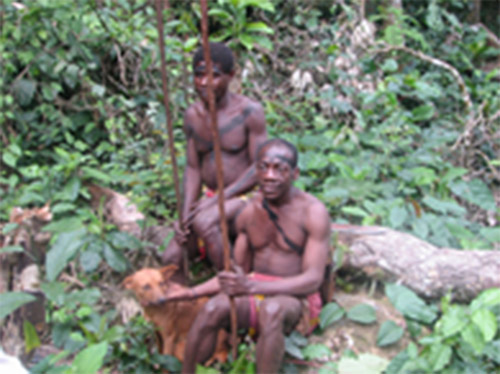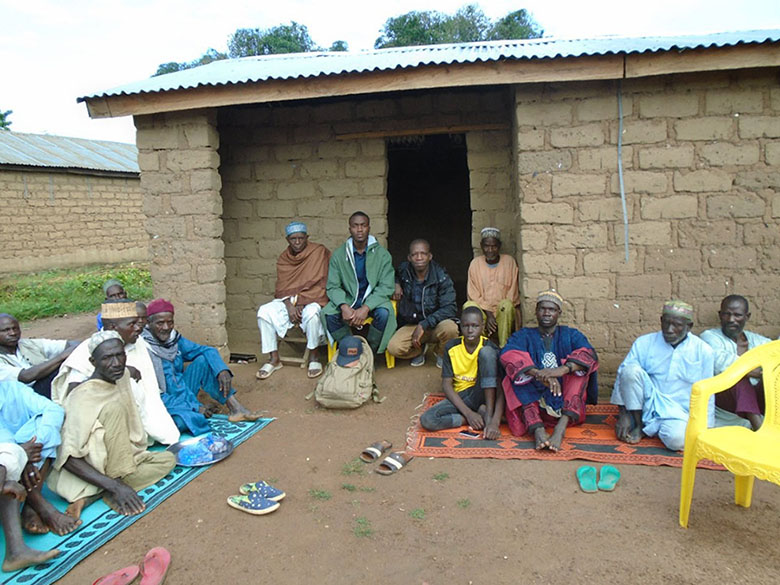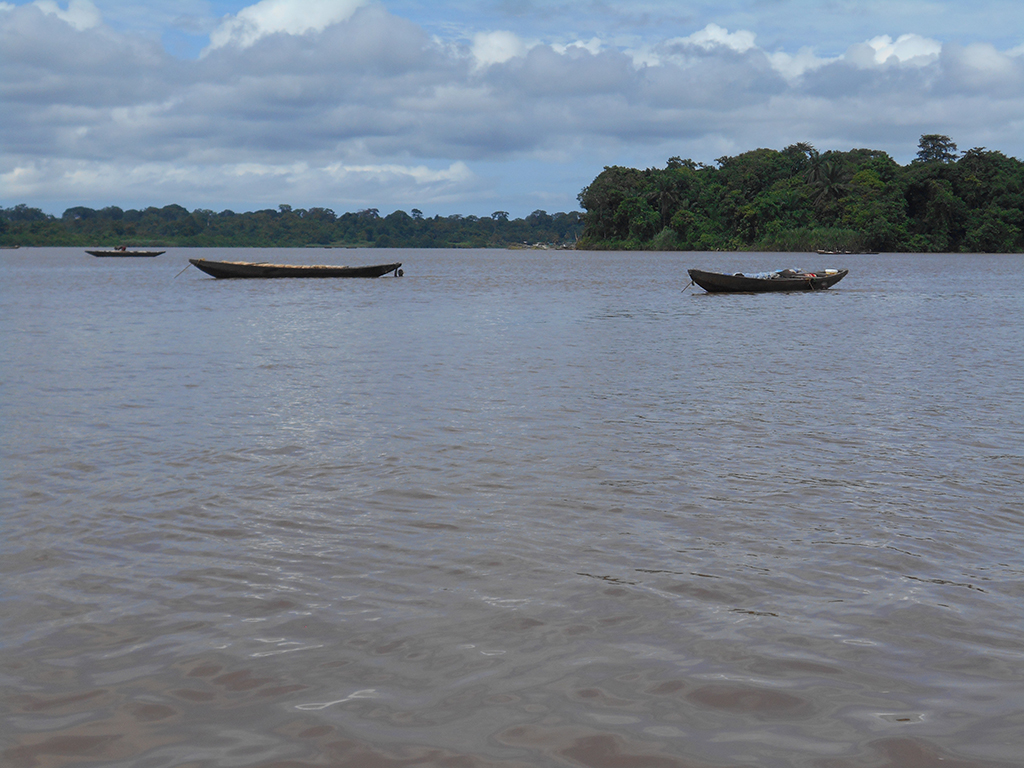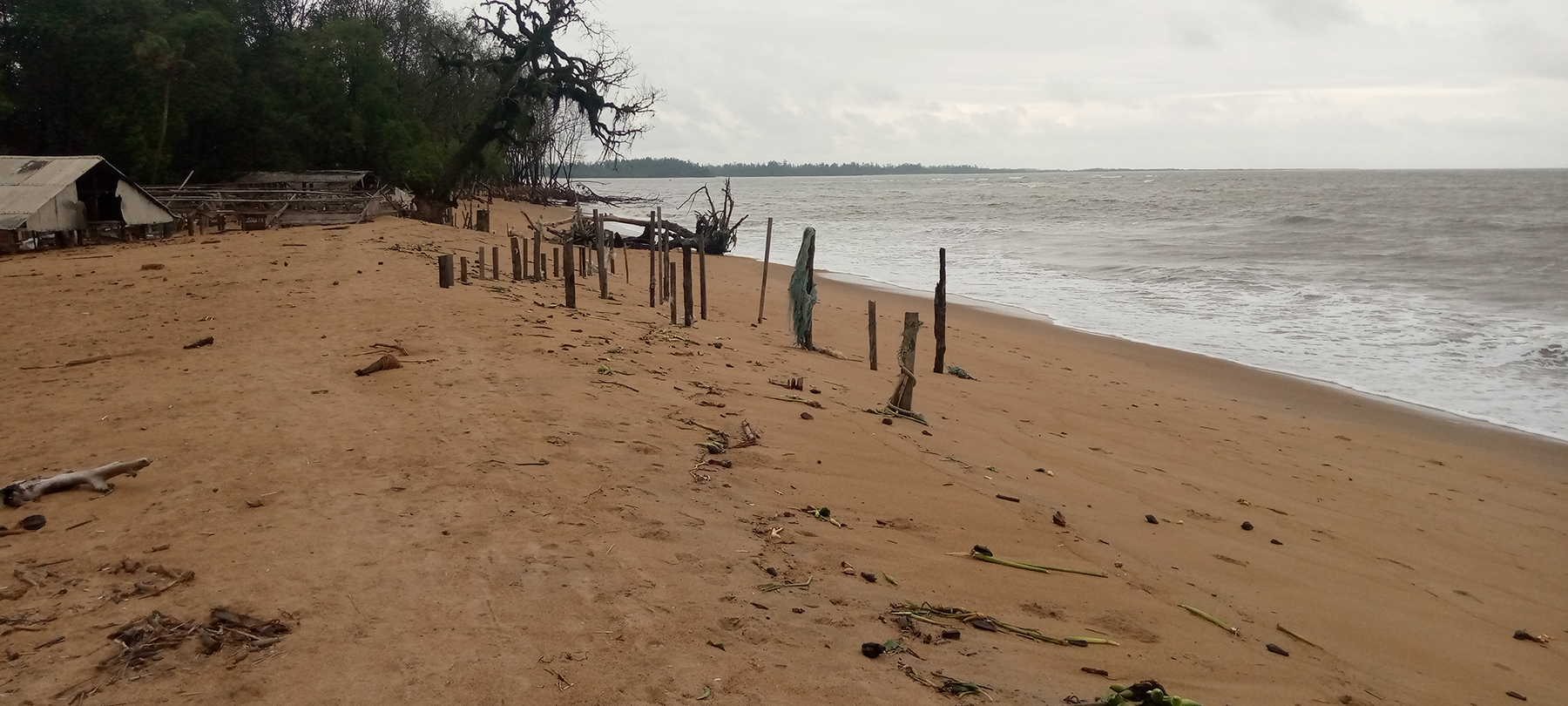A project to combat illegal, destructive over-fishing in the waters of Douala-Edea Terrestrial and Marine National Park, has been launched in Mouanko in the Sanaga Maritime Division, Littoral Region of Cameroon. The project was launched on December 13, 2022, by the Ministry of Forestry and Wildlife (MINFOF), in collaboration with Cameroon Wildlife Conservation Society (CWCS) and the Cameroon Mangroves Network.
Created in 2018, the Douala-Edea Marine National Park faces several threats including illegal industrial fishing, illegal transshipment of fishery products, trafficking of protected wildlife species, and conflicts pitting artisanal against industrial fishermen. Specialists estimate 9500 tons of fish is illegally exploited annually by industrial fishing vessels mostly owned by Asians. The artisanal fishermen complain of encroachment of industrial vessels into areas reserved for artisanal fishing. “The vessels sometimes come in the night and pull off our fishing nets. The trawlers trespass into our zone, why they catch and sometimes abandon fishes in the sea,” says Zacchaeus Stephen, President of a local fishermen association in Yoyo village. These are the challenges that the project dubbed “supporting effective management and community surveillance in the Douala-Edea Marine Protected Area (MPA), and advocacy campaigns to end destructive industrial fishing in Cameroon (in Marine Protected Areas, territorial seas and beyond)),” seeks to address. A highly participatory project that will involve all stakeholders, especially local communities in the planning and decision making process for the sustainable management of the Marine Protected Area. Photo launch of project “We shall elaborate guidelines for Marine Protected areas in Cameroon and a management plan for the Douala-Edéa MPA. This will guide sustainable exploitation of marine coastal resources,” said Dr. Gordon Ajonina, National Program Coordinator of CWCS.
The project will also build capacities of stakeholder on the existing fisheries laws and coastal-maritime surveillance and carry out advocacy against unsustainable industrial fishing. “We shall also strive to influence policy framework governing industrial fishing in Cameroon,” Dr Ajonina said. According to Mr. Eitel Pandong, Conservator of the Douala-Edea National Park, the control of fishing activities is limited to the protected area. Which is the domain for conservation. “As such, we try to discuss with fishermen who operate in this area so that artisanal fishing activities, which are regulated by law, are respected in the fishing zone. “We also work in synergy with the Ministry of Fisheries so that the mesh size of the nets is respected,” he said.
